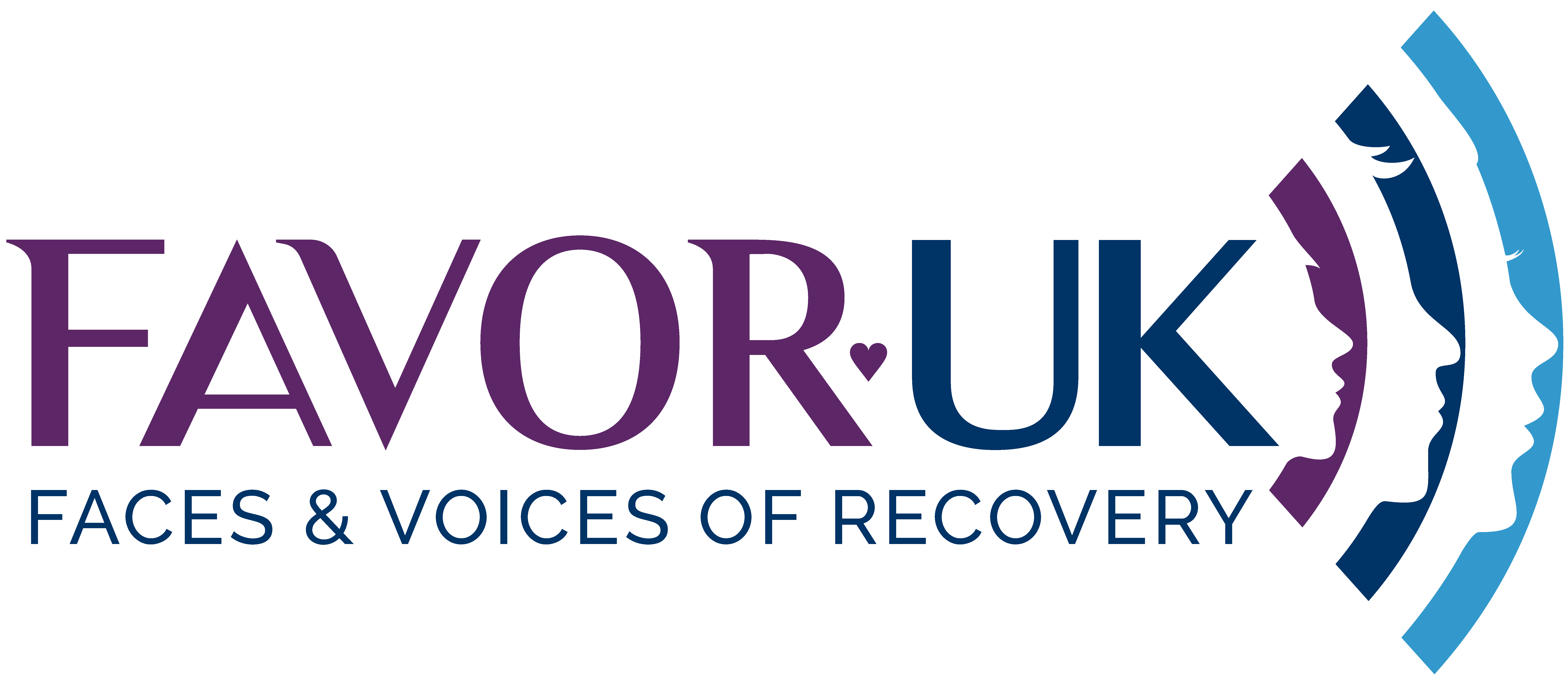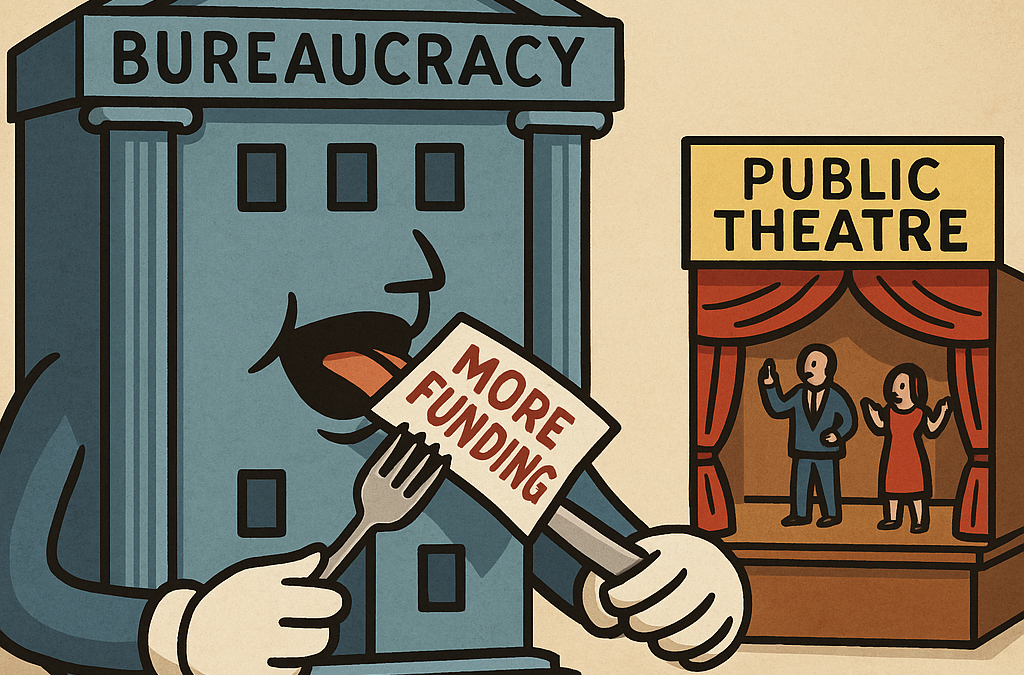Today more than 70 organisations – including Alcohol and Drug Partnerships (ADPs), government-funded charities, and a parade of Royal Colleges – issued a joint call urging the Scottish Government to take “urgent action” on alcohol deaths. It was presented as a bold move. In truth, it was anything but.
What we are witnessing is not a grassroots uprising. It’s a choreographed exercise in public relations by many of the same organisations that have presided over Scotland’s addiction and recovery disaster for decades – all while receiving government funding and policy protection to do so. This is not a revolution. It’s a memo dressed up as a mutiny.
Let’s be clear: ADPs are not independent bodies. They are government constructs – funded, convened, and answerable to the very ministers they are now urging to “do more.” They cannot hold power to account because they are part of the power structure. The same goes for many of the so-called charities on this list, who would not survive a single fiscal year without Scottish Government grants and ministerial favour.
This is what political analysts call the “sock puppet” problem – where state-funded bodies lobby the state to take action, creating the illusion of independent pressure when, in fact, the voices are still coming from inside the house.
And it’s not just the messenger that’s compromised – it’s the message. What’s being demanded isn’t transformation. It’s tinkering. It’s tweaks around the edges of a failing system by the very actors who’ve been running it.
They ask for early liver disease screening. Alcohol Care Teams in hospitals. A new strategy. More funding. All valid in principle – but let’s be honest: these aren’t bold ideas. They’re policy reheats. Most of them are already supposed to be happening. Some have been promised for years. Others are already underway in name, if not in delivery.
Worse still, the proposals avoid anything that would challenge the system’s existing power structures. There’s no call for a national audit of where the funding has actually gone. No demand to redirect money away from failing quangos. And most glaringly, no mention at all of the Right to Recovery Bill – the only serious legislative proposal that would give people a legal right to treatment when they need it.
Why is that? Because many of the organisations behind this letter quietly opposed the Bill. So while they perform outrage about rising deaths, they refuse to back the very tool that could stop them.
It’s like watching the fire brigade hold a press conference while the house is still burning, refusing to use the hose because it’s not their preferred brand.
At FAVOR UK, we work with families and individuals every day who are desperate for help that never comes. We’ve campaigned tirelessly – without state funding – for a legal guarantee that when someone is ready to stop drinking, there will be a place for them to get well. That’s what the Right to Recovery Bill offers: not more consultation, but real, enforceable access to care.
So forgive us if we don’t applaud this sudden flurry of signatures. We’ve seen it before. Letters like this have been landing in inboxes for 20 years, while the death toll has kept rising. The only thing new is the formatting.
What They Could Have Called For — But Didn’t
If this coalition was serious about reducing alcohol deaths — not just appearing concerned — they would have demanded substantive, system-shaking reforms, like:
1. Legal Right to Treatment
Support the Right to Recovery (Scotland) Bill to give people a statutory right to timely, appropriate treatment, including detox, rehab and follow-on care. Not a vague promise — a legal guarantee.
2. Independent Audit of Addiction Spending
Where did the hundreds of millions already allocated go? Who benefited? What was delivered? We need a full audit of all government-funded addiction services over the last 10 years, with public transparency.
3. Redirection of Funds From Failing Quangos
Start defunding organisations that produce reports but deliver no measurable outcomes. Channel that money into services with proven recovery outcomes and community trust — especially those not dependent on government favour.
4. Outcomes-Based Funding Model
Stop funding on the basis of affiliation or ideology. Fund based on outcomes: how many people recovered? How many stayed housed? How many rebuilt their lives and became contributing productive members of society again ?
5. National Detox and Rehab Access Standards
Just like we have NHS treatment time guarantees, introduce mandatory national standards for how quickly people should be offered detox and rehab — with penalties for health boards that fail.
6. Real Voice of Lived Experience
Require at least 50% of decision-making boards on alcohol and drug strategy to be made up of people with lived experience of recovery — not “stakeholder” proxies or paid consultants.
Here’s what needs to happen instead:
Stop funding closed circles. Fund services that deliver.
Prioritise outcomes, not organisational survival.
Pass the Right to Recovery Bill and give people a legal route to treatment.
And stop pretending that those who’ve had power all along are now the resistance.
To the public: don’t be taken in by performative outrage. Real change doesn’t come from committees. It comes from courage, honesty, and putting people before politics. And it starts with telling the truth.

